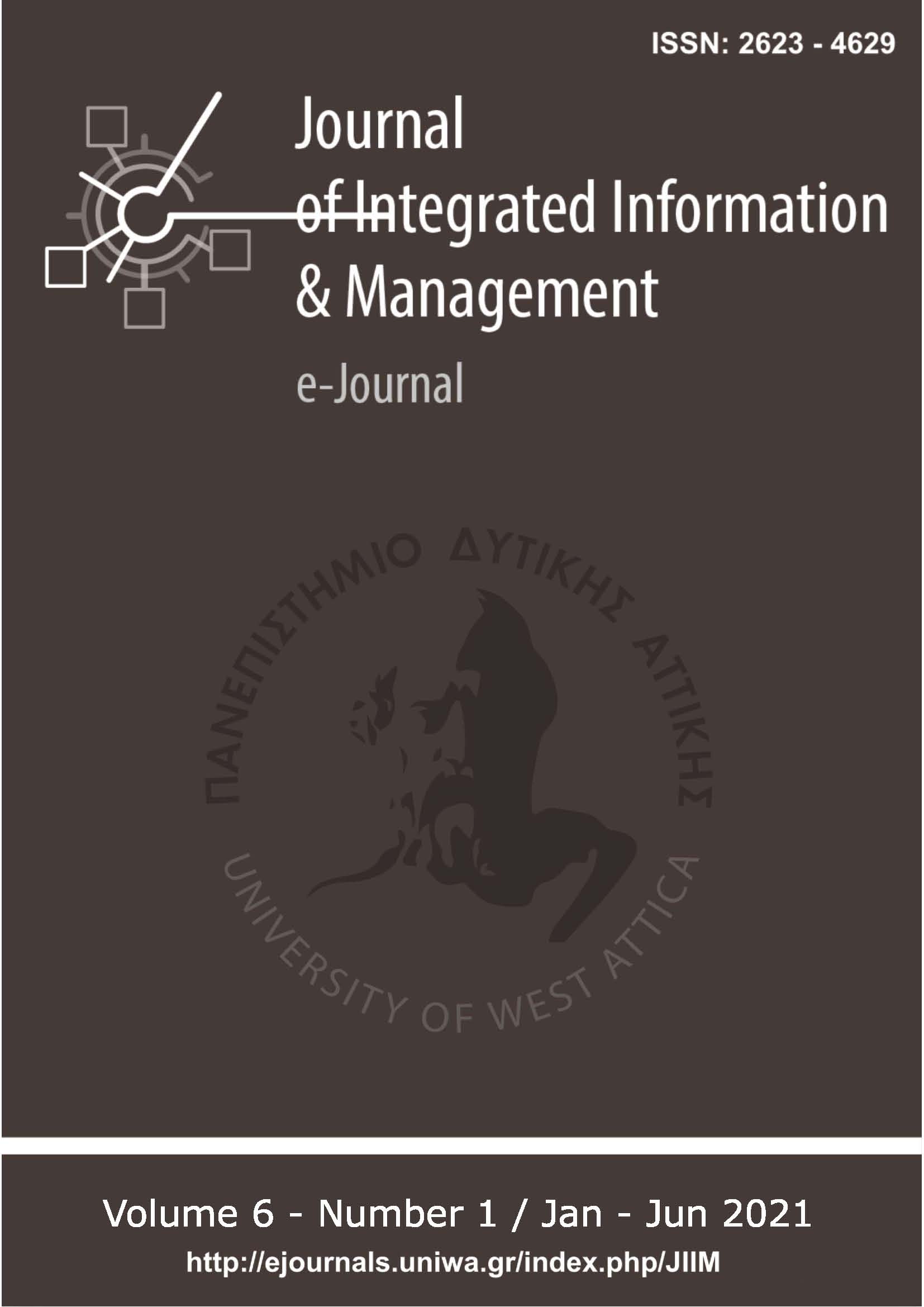Citation indexes integrated management for Institutional Repositories data enrichment

Abstract
Purpose – An important problem for researchers and for agencies (e.g., Quality Assurance Units) that are responsible for evaluating the research activity of academic entities (e.g., laboratories, departments, entire institutions, etc.) is to locate and retrieve the bibliographic records (e.g., scientific papers) and their citations automatically from the various citation indexes.
Design/methodology/approach - To calculate uniform bibliometric indicators, the deduplication of the documents collected from the different citation indexes is required. In addition, such a tool could assist the academic libraries in upgrading their Research Repositories with auto-enrichment capabilities, saving valuable labour time from their staff.
Findings - In this context, the initial results of implementing such a tool for data extraction from the four popular citation indexes (Scopus, Google Scholar, Web of Science and PubMed) and the ORCID service are presented. The tool aims to provide integrated management of multiple citation indexes, namely the collection of data per researcher and the application of deduplication algorithms so that a list of unique publications is obtained for each one of them. The processed data are combined with the data of the Institutional Repository and converted into a suitable format for ingestion.
Originality/value - The Institutional Repository of the Cyprus University of Technology has been selected as a testbed. All universities can undoubtedly utilize the obtained results.
Article Details
- How to Cite
-
Kouis, D., Veranis, G., Zervas, M., Artemis, P., Giannakopoulos, A., Bellas, C., & Christopoulou, K. (2021). Citation indexes integrated management for Institutional Repositories data enrichment. Journal of Integrated Information Management, 6(1), 14–24. Retrieved from https://ejournals.epublishing.ekt.gr/index.php/jiim/article/view/37892
- Section
- Research Articles

This work is licensed under a Creative Commons Attribution-NonCommercial 4.0 International License.
Copyright Notice
Authors who publish with JIIM agree to the following terms:
- Authors retain copyright and grant the journal right of first publication with the work simultaneously licensed under a Creative Commons Attribution Non-Commercial License that allows others to share the work with:
- An acknowledgment of the work's authorship and initial publication in this journal.
- Authors are permitted and encouraged to post their work online (preferably in institutional repositories or on their website) prior to and during the submission process, as it can lead to productive exchanges, as well as earlier and greater citation of published work.





